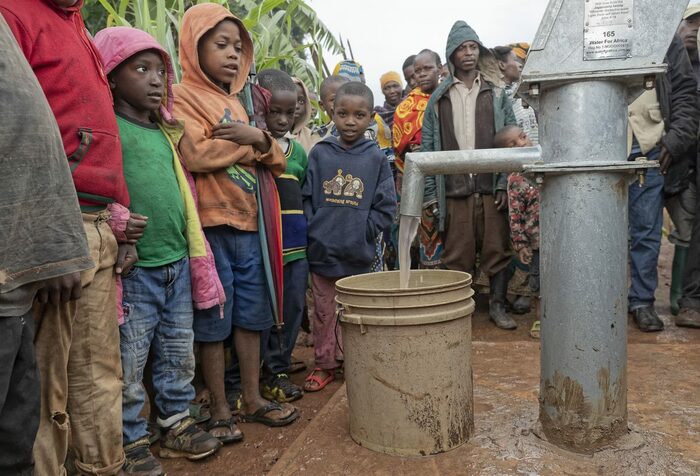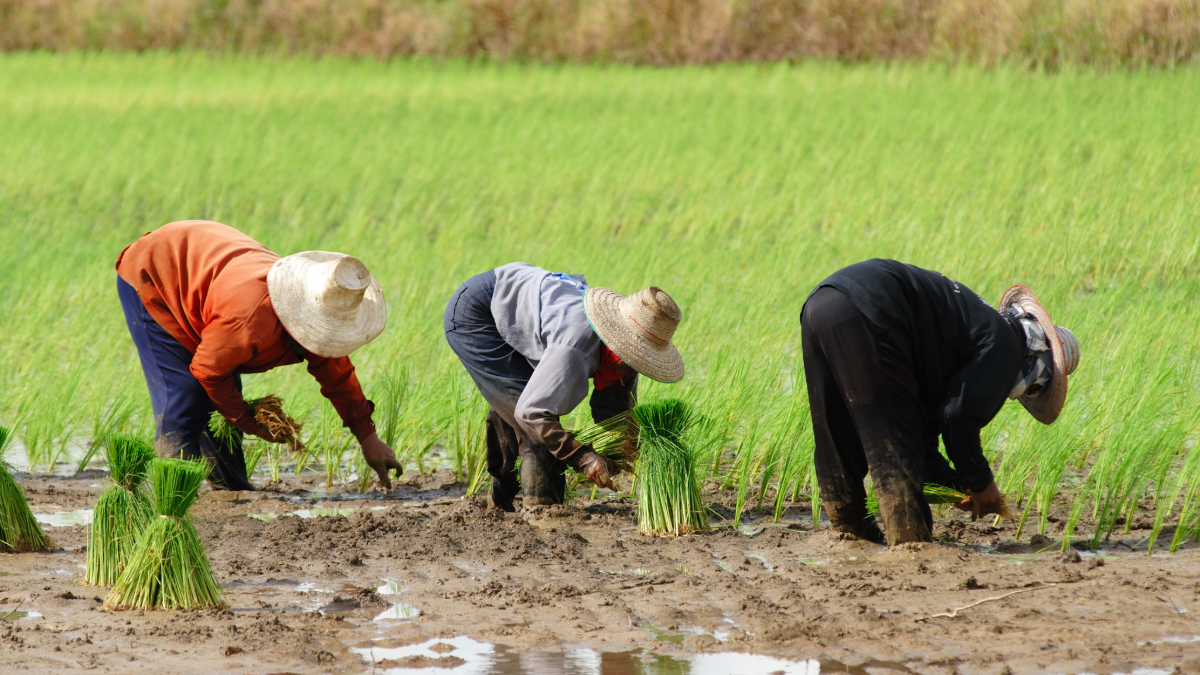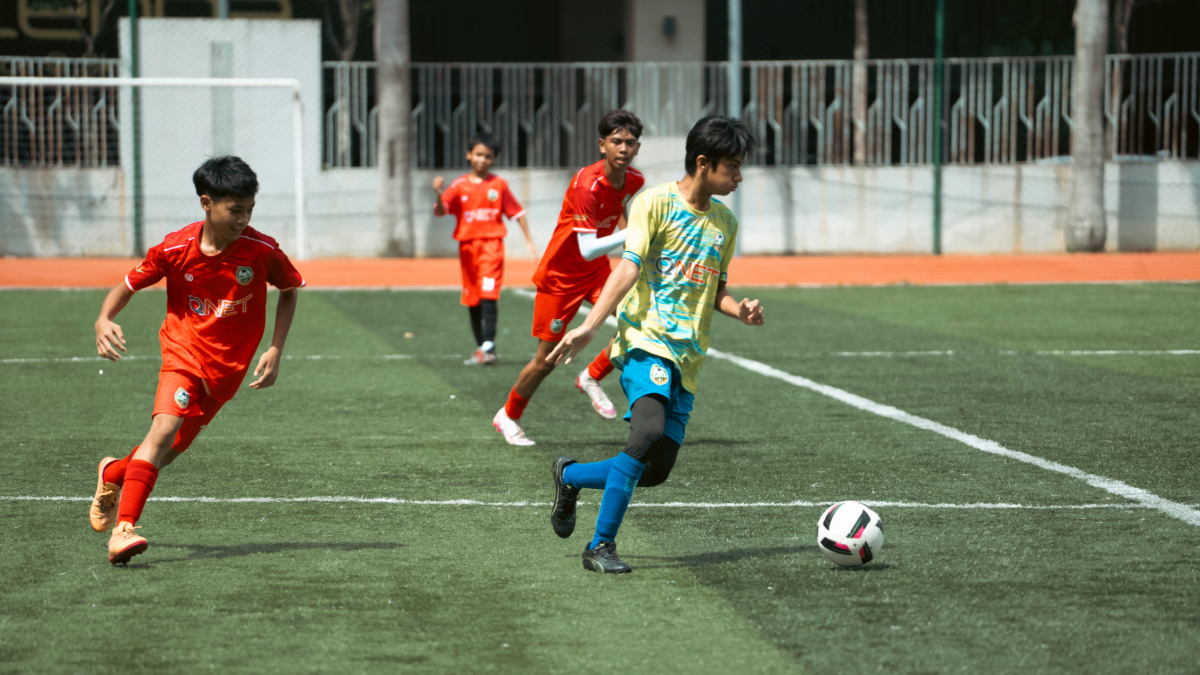Changemakers strive to create a better world for all. Understanding sustainable development strategies is key, as they guide efforts and provide frameworks like circular economy, inclusive innovation, and behavioural economics, ensuring your work benefits people and the planet.
Changemakers are all around you—volunteers, educators, social workers, fundraisers, social entrepreneurs, socially conscious businesses, and policymakers.
Changing the world takes many forms, depending on your goals and the societal issues you aim to address.
Grassroots organisations focus on local challenges, creating solutions rooted in community knowledge. Meanwhile, institutions and policymakers work on a broader scale, developing systemic strategies for widespread impact.
Whether your impact is local or global, you can begin your changemaking journey today.
4 Key Concepts for Social Impact
These four key concepts provide a foundation for creating sustainable development strategies that drive long-term, positive change.
1. Circular Economy
A circular economy reduces waste by using products and materials for as long as possible through repair, reuse, and recycling. Unlike the linear ‘make-use-dispose’ model, it prioritises durability and sustainability.
For example, in a linear model, fast fashion creates cheap, disposable clothing that quickly becomes waste. In a circular economy, durable clothing is repaired, resold, or recycled, reducing environmental harm.
Advocating for the circular economy encourages sustainable development strategies that prioritise recycling, reuse, and reducing environmental harm.

2. Inclusive Innovation
Innovation is transformative when it improves lives and solves problems. However, many innovations are designed with affluent consumers in mind, often excluding disadvantaged communities.
Inclusive innovation shifts focus to people and the planet, challenging traditional models. It aims to create accessible, equitable, and sustainable solutions that benefit everyone, not just the privileged few.
This approach promotes inclusive progress, aligning with sustainable development goals to leave no one behind.

3. Community-based Participatory Research (CBPR)
Changing the world starts with sound research; involving the right people is key to that success.
Community-based Participatory Research (CBPR) is a collaborative method where researchers and communities partner equally, fostering trust through respect, open communication, and shared learning.
Instead of imposing solutions, CBPR values local knowledge and encourages teamwork to create results that benefit the community.
4. Behavioural Economics
Driving social change starts with understanding people, and behavioural economics uses psychology to explain human behaviour.
Why do people act the way they do? What shapes their decisions? These questions help uncover why some problems persist despite clear solutions.
Behavioural economics offers tools for those working toward social impact to design interventions that resonate, encourage positive change, and create lasting solutions.
These four concepts are just the tip of the iceberg but are a good start in learning to lead change in your community.
Rise with RYTHM: For People and the Planet
RYTHM Foundation’s clarion call for 2024, Rise with RYTHM, highlights the Foundation’s commitment to sustainable development strategies and the importance of using these concepts to drive impactful community work.
A recent example is RYTHM’s Community Adoption Programme (CAP) in Sabah, Malaysia, running from 2021 to 2024.
RYTHM and its partner, Good Shepherd Services, engaged several communities, working with local leaders to roll out initiatives for schoolchildren, youth, and women.
We align our efforts with the United Nations Sustainable Development Goals for people and the planet. We encourage collective effort through partnerships with grassroots organisations, educational institutions, and changemaking leaders.
Understanding how a circular economy works helps a great deal when championing environmental sustainability, and applying the concepts of inclusive innovation, community-based participatory research, and behavioural economics will be helpful when you design programmes and strategies for sustainable development.
Rise with RYTHM today and be a changemaker in your community! Learn about our volunteer programme here.




